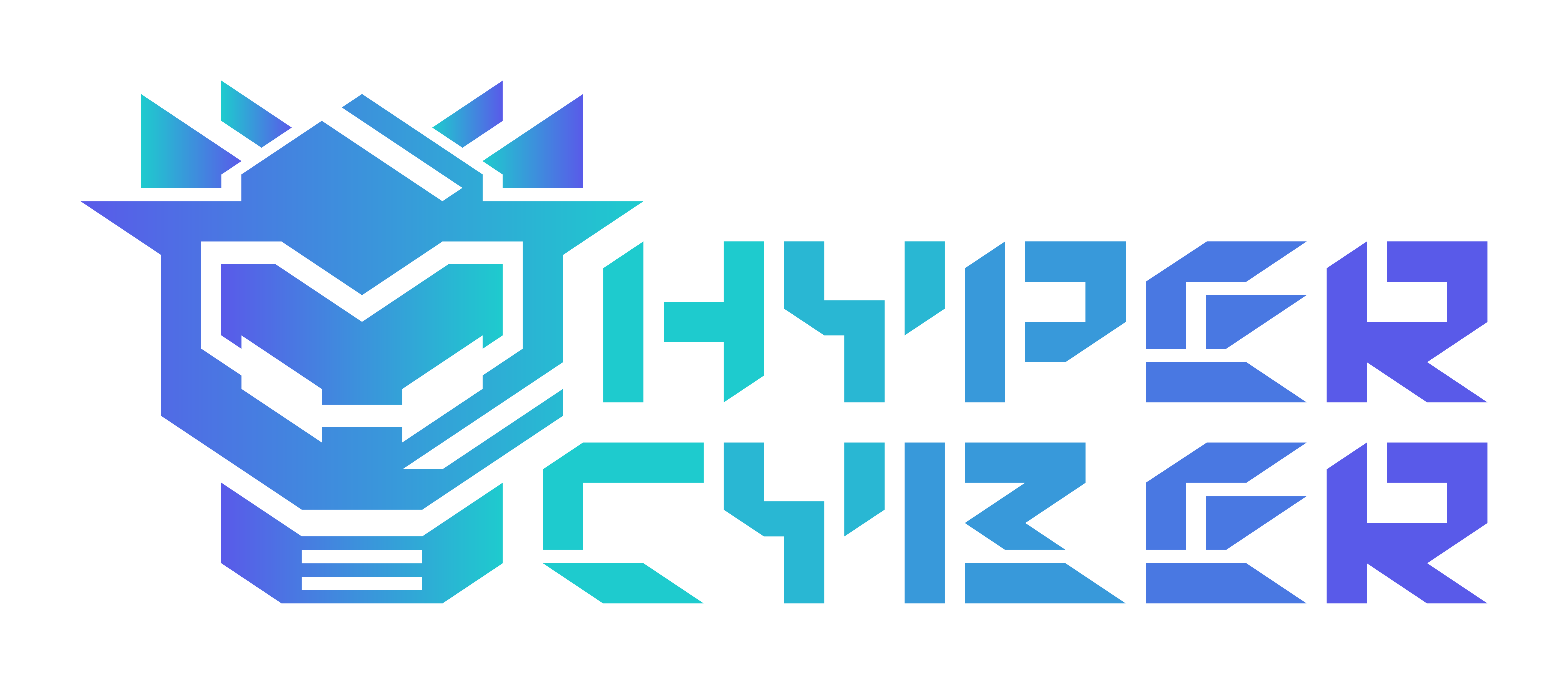- ✅ Introduction
- 🟥 1. AI Can’t Fully Understand Human Preferences
- 🟥 2. AI Builds Can Be Technically Flawed
- 🟧 3. AI Benchmarks Can Be Misleading
- 🟨 4. Price Tracking Is Often Inaccurate or Delayed
- 🟩 When AI Can Help
- 🟦 The Hybrid Approach Is Best
- 🟫 Conclusion: AI ≠ Expert
- 📸 Bonus: Example of a Flawed AI Build vs Expert Revision
✅ Introduction
In 2025, dozens of AI-powered PC building tools promise to design the perfect gaming rig for your budget and needs. But are they really trustworthy? While artificial intelligence has transformed many industries, gaming PC builds are still an art — one that AI often gets wrong.
Let’s break down why you shouldn’t fully rely on AI when it comes to building a high-performance gaming PC — and when it’s actually helpful.
🟥 1. AI Can’t Fully Understand Human Preferences
AI tools rely on general data: benchmarks, price-to-performance ratios, and market averages.
But gamers don’t think in averages.
-
Want a silent build for streaming? AI might pick loud fans.
-
Prefer a minimalist white aesthetic? AI may recommend mismatched RGB parts.
-
Need upgrade potential for the future? AI often maxes out your current budget.
🧠 Human builders consider things AI can’t quantify — like taste, noise level, cable management, or your emotional connection to a favorite GPU brand.
🟥 2. AI Builds Can Be Technically Flawed
Despite all the data, AI sometimes spits out incompatible or suboptimal builds:
-
Wrong motherboard chipsets for overclocking CPUs
-
Inadequate power supplies (too weak or overkill)
-
Bottlenecks between GPU and CPU
-
Non-fitting coolers in compact cases
Many AI services don’t validate physical compatibility (like GPU length vs case size), or thermal headroom. That leads to expensive mistakes — or builds that run hot and loud.
🟧 3. AI Benchmarks Can Be Misleading
Most AI builders pull performance numbers from public benchmark databases. But:
-
They don’t account for driver updates or game optimizations
-
They ignore real-world FPS variance (e.g. 1% lows vs average FPS)
-
They can’t compare latency-sensitive tasks, like competitive FPS games
-
They might suggest last-gen GPUs with misleading price/performance metrics
📉 In short, AI can't judge how a game feels — only what a spreadsheet says.
🟨 4. Price Tracking Is Often Inaccurate or Delayed
AI-based systems might recommend the cheapest part — which:
-
Is out of stock
-
Comes from a shady seller
-
Has a long delivery time
-
Is open-box or used without warranty
Meanwhile, a good builder would choose a slightly more expensive but trusted option with solid reviews, fast shipping, and return policies.
🟩 When AI Can Help
AI tools are useful when:
-
You’re building a budget or entry-level PC
-
You need inspiration or a starting point
-
You want to learn how parts fit together
-
You’re comfortable double-checking everything
🧰 Just don’t click “Buy All” without review. Think of AI as your assistant, not your architect.
🟦 The Hybrid Approach Is Best
The best PC builders in 2025 use AI tools together with expert knowledge:
-
Let AI suggest 2–3 builds
-
Have a real human refine the details
-
Check compatibility, thermals, aesthetics, and upgrade path
-
Consider your actual use case (streaming, rendering, sim racing, etc.)
At Hyper Cyber, we combine smart AI with real humans who build, test, and game on these machines daily.
🟫 Conclusion: AI ≠ Expert
AI can calculate. Humans can feel.
For the best gaming experience — high FPS, quiet operation, clean design, and real-world performance — trust a hybrid approach, not a chatbot with a parts list.
🕹️ Want a real expert to review your build or recommend one that fits your life? Talk to a real builder now →
📸 Bonus: Example of a Flawed AI Build vs Expert Revision
| Component | AI Recommends | Expert Adjusts To |
|---|---|---|
| CPU | Intel Core i7-12700KF | AMD Ryzen 7 7800X3D — better for gaming |
| GPU | RTX 4060 Ti 16GB | RTX 5060 Ti 16GB — faster and cheaper |
| PSU | 1000W Gold (overkill, overpriced) | 750W Gold (ideal for this build) |
| Case | Budget case with bad airflow | Mesh case with silent fans |
| Cooling | RGB AIO 360mm (doesn’t fit the case) | Air cooler with excellent acoustics |










































